One way to make a point is through SATIRE. Satire is the use of irony or sarcasm to reveal the truth in an unconventional and most times shocking way. The funny thing is that many newspapers have a section only on satire articles that speak about current social issues with irony and sarcasm.
I found this really funny article in The Huffington Post about feminism titled "How Feminism Hurts Men". The author of the article Micah J. Murray begins by saying that a friend of his on facebook told him that "feminism elevates women at the expense of men...". He later continues to do a reflection on what his friend just told him and thinks that his friend is right. In a sarcastic way, Murray goes on to say that because of feminism men are experiencing all sorts of problems such as not being able to walk down the streets without fear of being harassed or sexually assaulted by a woman, women being paid more than men in jobs, and churches are dominated by women while men are asked to keep quiet in the back, and other hilarious sarcastic comments about how the female is the most powerful sex who overpower the male. The end paragraph actually urges the reader (by saying "don't read) to read a book titled "Jesus Feminist" about how women are equal to men.
This satire makes a funny argument against people who are against feminist believes. It makes the reader imagine how the role of a man would change if the tables were turned and females overpowered men. It makes it evident that The example the author uses are things that happen not to men, but to females today everywhere. It makes the man walk in the shoes of a female. I personally liked very much the article and found that it was a creative way to talk about feminism.
http://www.huffingtonpost.com/micah-j-murray/how-feminism-hurts-men_b_4266733.html?utm_hp_ref=satire
I found this really funny article in The Huffington Post about feminism titled "How Feminism Hurts Men". The author of the article Micah J. Murray begins by saying that a friend of his on facebook told him that "feminism elevates women at the expense of men...". He later continues to do a reflection on what his friend just told him and thinks that his friend is right. In a sarcastic way, Murray goes on to say that because of feminism men are experiencing all sorts of problems such as not being able to walk down the streets without fear of being harassed or sexually assaulted by a woman, women being paid more than men in jobs, and churches are dominated by women while men are asked to keep quiet in the back, and other hilarious sarcastic comments about how the female is the most powerful sex who overpower the male. The end paragraph actually urges the reader (by saying "don't read) to read a book titled "Jesus Feminist" about how women are equal to men.
This satire makes a funny argument against people who are against feminist believes. It makes the reader imagine how the role of a man would change if the tables were turned and females overpowered men. It makes it evident that The example the author uses are things that happen not to men, but to females today everywhere. It makes the man walk in the shoes of a female. I personally liked very much the article and found that it was a creative way to talk about feminism.
http://www.huffingtonpost.com/micah-j-murray/how-feminism-hurts-men_b_4266733.html?utm_hp_ref=satire
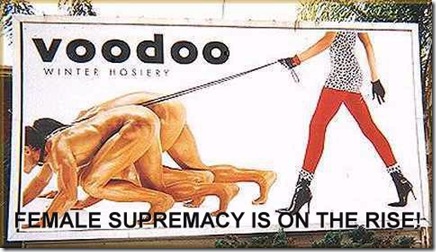
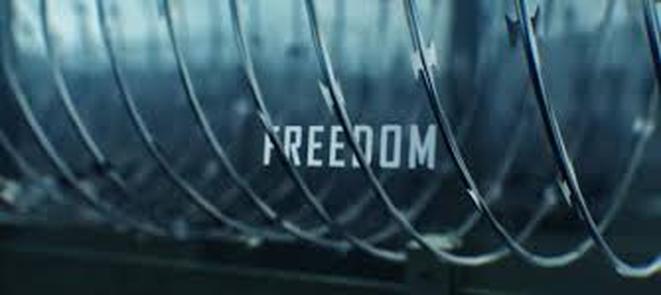
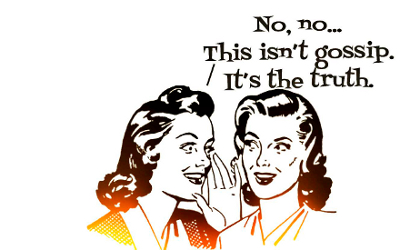
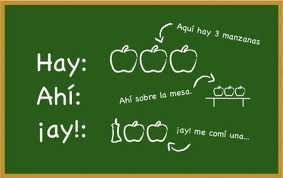
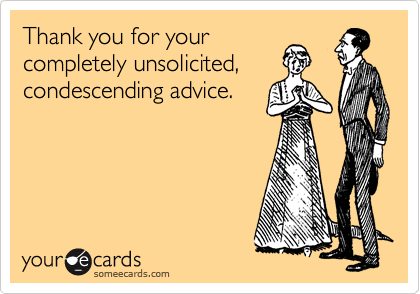
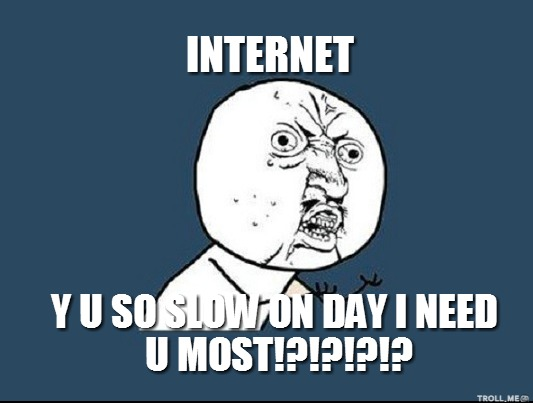
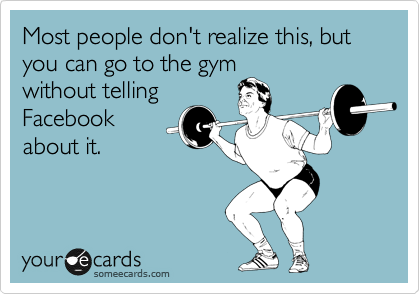
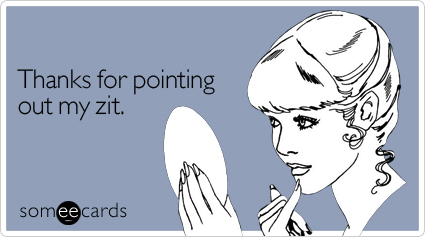

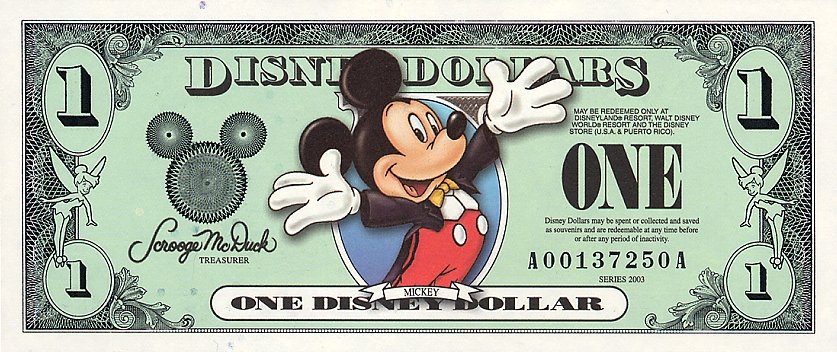
 RSS Feed
RSS Feed